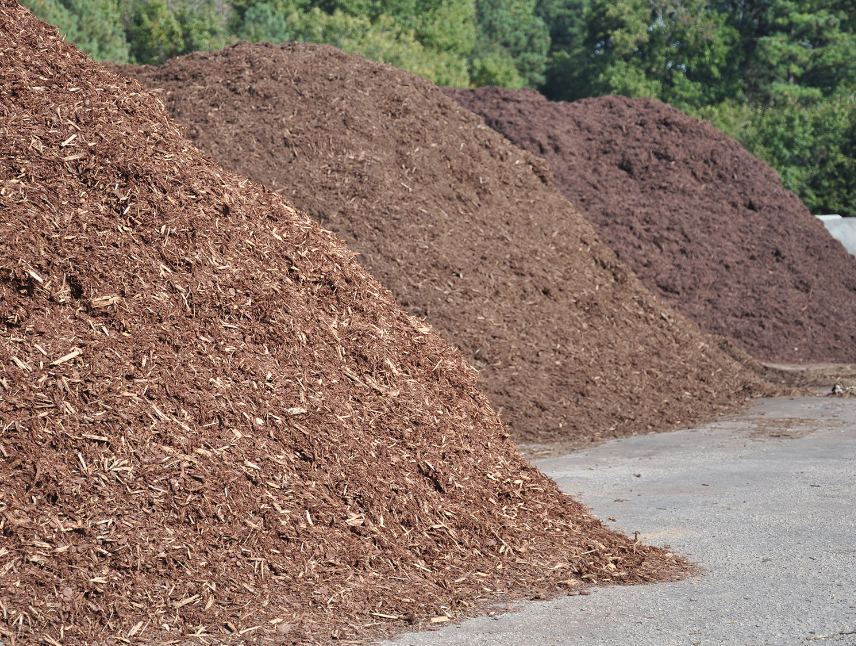Understanding the Advantages of Organic Bulk Soil
As garden enthusiasts and agriculturalists continue to seek sustainable ways to improve crop yield and plant health, the focus is shifting towards organic bulk soil. This natural resource plays a pivotal role in crop production and overall soil health, thanks to its numerous benefits.
The Nutrient Powerhouse
Organic soil serves as a reservoir for essential nutrients that plants need for optimal growth. Nitrogen, phosphorus, potassium, and even trace elements like copper, build up in organic matter, providing a steady supply of these vital nutrients to plants. These nutrients are released slowly, ensuring that plants have access to them over a more extended period.
Improved Water Holding Capacity
A crucial benefit of organic soil is its ability to retain water effectively. This characteristic is particularly beneficial in areas prone to drought or where water resources are scarce. By improving the soil’s water-holding capacity, organic matter helps ensure that plants have a consistent water supply, which is vital for their survival and growth.
Organic Mulching: A Sustainable Approach
Organic mulching is an effective method of soil management that involves covering the soil surface with organic materials such as compost, leaves, or straw. This practice helps prevent soil erosion and water loss while improving soil fertility and aeration. Additionally, organic mulches can protect plants from pests and diseases, providing an extra layer of defence.
Incorporating bulk rocks into your landscaping alongside organic mulch can further aid in soil erosion prevention. Rocks provide a physical barrier that protects the soil, slows down water runoff, and adds aesthetic value to your garden.
Enhancing Soil Structure and Friability
The structure of the soil significantly impacts its overall health and productivity. Organic matter contributes to improved soil structure by acting as a binding agent that cements sand, silt, and clay particles together. This process results in the formation of aggregates, which enhance soil friability – the ease with which soil can be crumbled. Improved friability facilitates root penetration and movement of air and water within the soil to grow healthy palnts.
Conclusion
Understanding the benefits of organic bulk soil can significantly influence our approach to gardening and farming. By harnessing the power of this natural resource, we can not only improve our crop yields and plant health but also contribute to a more sustainable future for our planet. As we continue to explore and appreciate these benefits, it becomes increasingly clear why organic soil is a superior choice for our gardens and farms.





